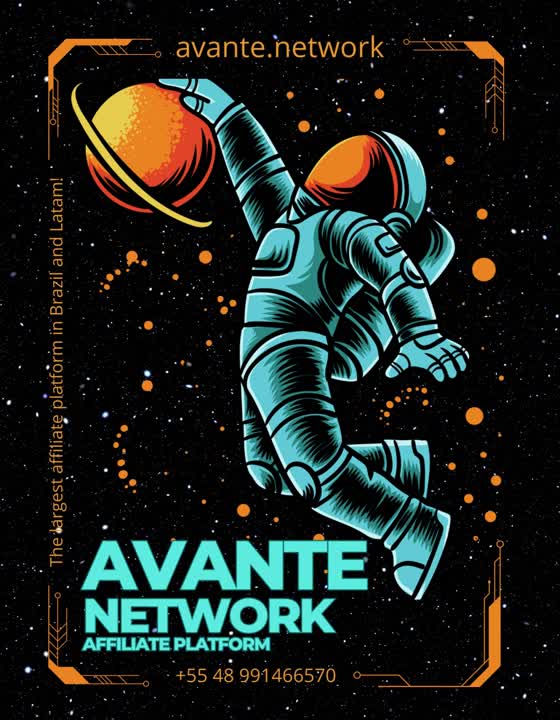Confira ainda:
- - Curso Técnico Avançado em Marketing de Afiliados para Jogos e Apostas Online
- - 11 aplicativos para acompanhar resultados e assistir futebol no seu celular
- - Trader Esportivo: Como ganhar dinheiro assistindo jogos de futebol
- - Monetizando com cassinos online através da Avante Network
- - O Manual Definitivo para Apostas em Futebol
Illinois Sports Betting Tax Bill Heads to Governor’s Desk
Are you ready for significant changes in Illinois sports betting taxation?
Discover how new legislation could transform the sports betting landscape in Illinois.
Learn about the potential impacts of the tax changes on operators and the economy.
Stay informed about the latest developments and their implications for sports betting in Illinois.
Illinois Sports Betting Tax Bill Heads to Governor’s Desk
Illinois is on the brink of a substantial transformation in its sports betting industry. The state House and Senate have approved changes to the sports betting tax rate, a move that could significantly impact operators and the broader gambling market. House Bill 4951 (HB 4951), which is part of the Illinois budget package, now awaits the signature of Governor J.B. Pritzker for final approval.
Graduated Tax Structure
Currently, sports betting operators in Illinois are taxed at a flat rate of 15 percent. However, HB 4951 proposes a new graduated tax format that could see some operators paying more than double this rate. The proposed tax structure is tiered as follows:
The first $30 million in Adjusted Gross Revenue (AGR) will be taxed at 20 percent.
Revenue between $30 million and $50 million will be taxed at 25 percent.
Revenue between $50 million and $100 million will be taxed at 30 percent.
Revenue between $100 million and $200 million will be taxed at 35 percent.
All revenue above $200 million will be taxed at 40 percent.
If enacted, the top tax rate of 40 percent would be the second highest in the United States, following New York’s 51 percent rate for sports betting.
Industry Response
The proposed changes have sparked significant concern within the industry. The Sports Betting Alliance (SBA), representing many sports betting operators, has voiced strong opposition to the bill. SBA President Jeremy Kudon expressed his concerns, stating, “Rather than heeding the outcry from tens of thousands of residents who vocally opposed more than doubling sports betting taxes, the Illinois Senate advanced a budget tonight that would make Illinois sports betting tax the second highest in the country and counter-productively penalizes sports betting operators who invested millions into the local economy and created jobs in the state.”
Potential Impacts
Economic Contribution
The Illinois sports betting market has been a growing contributor to the state’s economy since its legalization. Operators have invested heavily in infrastructure, marketing, and job creation. A significant increase in the tax rate could deter further investment and expansion, potentially stalling the momentum gained in recent years.
Competitive Disadvantage
Higher tax rates could also place Illinois at a competitive disadvantage compared to neighboring states with lower tax rates. This could lead to a shift in betting activity across state lines, impacting local revenue and diminishing the state’s attractiveness as a hub for sports betting.
Consumer Experience
Operators facing higher tax rates might pass on these costs to consumers through reduced promotional offers, higher fees, or less favorable odds. This could negatively impact the betting experience and drive bettors to unregulated markets, counteracting the state’s efforts to regulate and control sports betting.
Legislative Journey
HB 4951’s journey through the legislative process has been marked by extensive debate and lobbying. Proponents argue that the increased tax revenue is essential for funding state programs and services, particularly in the wake of the financial challenges posed by the COVID-19 pandemic. Critics, however, contend that the steep tax hikes are unsustainable and could harm the very industry they aim to regulate.
Next Steps
Governor J.B. Pritzker’s decision on HB 4951 will be pivotal. If signed into law, the new tax rates will take effect, reshaping the financial landscape for sports betting operators in Illinois. The Governor’s decision will likely be influenced by various factors, including the state’s fiscal needs, industry feedback, and the potential economic ramifications.
Broader Implications
The outcome of HB 4951 will be closely watched by other states considering similar measures. As the sports betting industry continues to expand across the United States, tax policy will play a crucial role in determining the success and sustainability of state-regulated markets.
Conclusion
Illinois stands at a critical juncture with the proposed changes to its sports betting tax structure. The decision to implement a graduated tax system reflects the state’s attempt to balance revenue generation with maintaining a thriving sports betting industry. As stakeholders await Governor Pritzker’s decision, the implications of this legislation will resonate beyond Illinois, potentially influencing sports betting policies nationwide.
The post Illinois Sports Betting Tax Bill Awaits Governor’s Signature appeared first on Gamingo News.
Illinois Sports Betting Tax Bill Heads to Governor’s Desk Are you ready for significant changes in Illinois sports betting taxation? Discover how new legislation could transform the sports betting landscape in Illinois. Learn about the potential impacts of the tax changes on operators and the economy. Stay informed about the latest developments and their implications
The post Illinois Sports Betting Tax Bill Awaits Governor’s Signature appeared first on Gamingo News.












